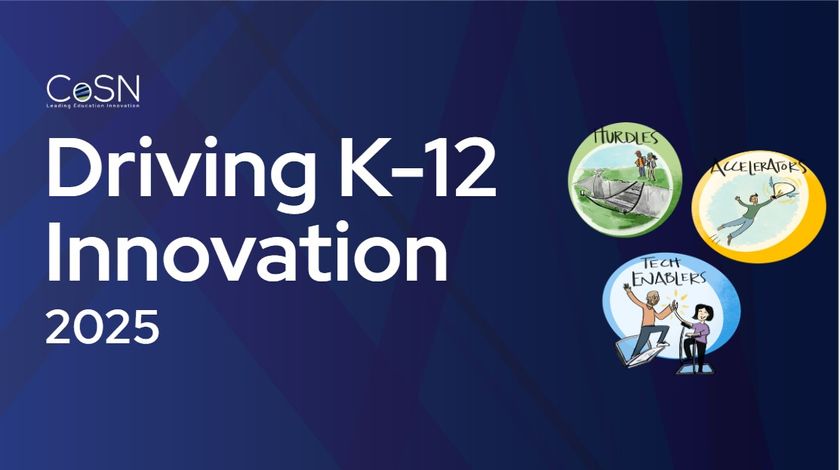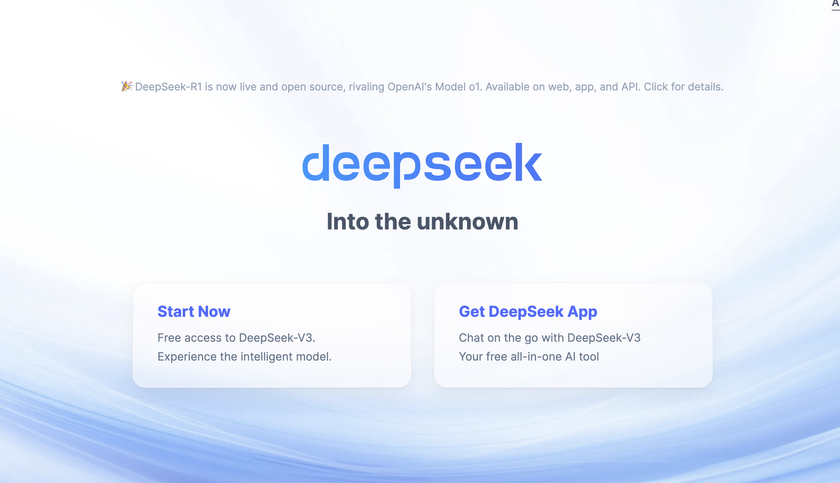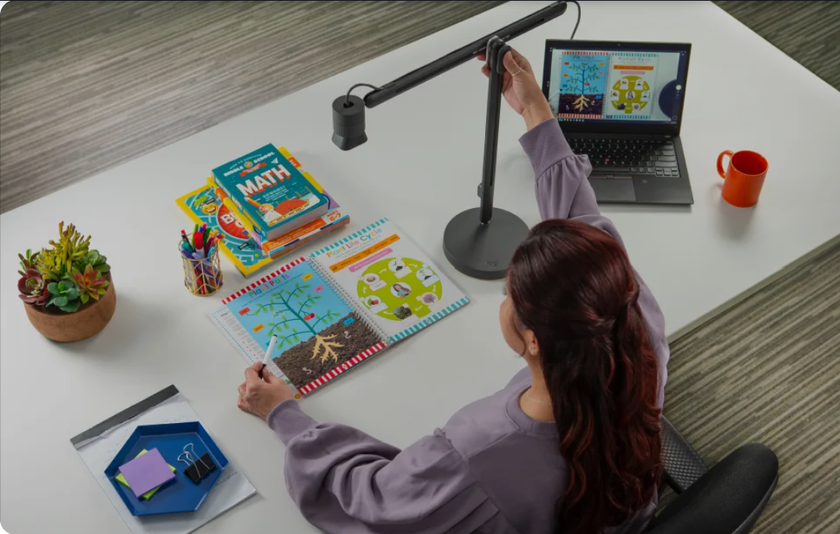Trend Watch(17)
Linux Update
Linux is gaining ground in the broader desktop marketplace: market research firm IDC reported that through 2008, shipments of Linux-based PCs will grow 30 percent annually, and Linux-compatible software will expand 44 percent annually. But is Linux set to arrive in schools?
A group of programmers in Norway thinks so. In 2001 they decided they wanted to create an easy-to-install, customizable operating system that would allow students to get "under the hood" to view program source code. Since then, they've been working with hundreds of international colleagues to develop Skolelinux, a distribution of Debian GNU/Linux that's designed especially for schools. The thin-client solution, which supports more than 42 languages, is administered through a Web browser and available for free at www.skolelinux.org/portal.
QUOTATION of the MONTH
"Until we design high schools to meet the needs of the 21st century, we will keep limiting-even ruining-the lives of millions of Americans every year. Frankly, I am terrified for our workforce of tomorrow."
-Microsoft Chairman Bill Gates, in a commentary originally published in the Los Angeles Times on March 1, 2005. The editorial was based on a speech Gates delivered at the National Education Summit on High Schools a week earlier.
The DOE's PR Nightmare
Tech & Learning Newsletter
Tools and ideas to transform education. Sign up below.
What did the Department of Education get for the $240,000 they spent on commentator Armstrong Williams to prop up No Child Left Behind?
A whole lot of negative reaction from our readers, that's what. An overwhelming 91 percent of respondents to our recent QuickPoll on the issue disagreed with the DOE's promotional tactics. Nine percent didn't mind, however, with one reader remarking: "Other op-ed articles bashed [NCLB] whereas Armstrong's articles gave useful information." What follow are some selected comments from the vocal majority:
"It was politically motivated and unethical."
"...perhaps the Department of Education's promotion of NCLB simply reflects the National Condoning of Lowering [Ethical] Boundaries."
"The person who okayed the decision should be censured, and the money should come out of someone's campaign fund."
"That [the government] has to pay for publicity indicates to me that the program cannot sell itself on its merits."
"What a ludicrous waste of money! Let me have the $240,000 to buy exceptional experiences for my students."
"It's ironic that the DOE would pay $240,000 to promote an unfunded mandate."
Having Fun Yet?
For those who doubt the words "serious" and "game" belong in the same sentence, maybe it's time to think again. Kicking off the packed Game Developers Conference in San Francisco last March was a two-day Serious Games Summit. With a targeted mission to "cover the intersection of games, learning, policy, and management," the program included sessions on simulations in schools, developing for the education market, and increasing communication between academia and gaming. Although not aimed directly at a K-12 audience, the summit-which is produced by our parent company CMP Media-earned kudos from T&L editors for reminding everyone that fun and passion are key ingredients of the learning process.











